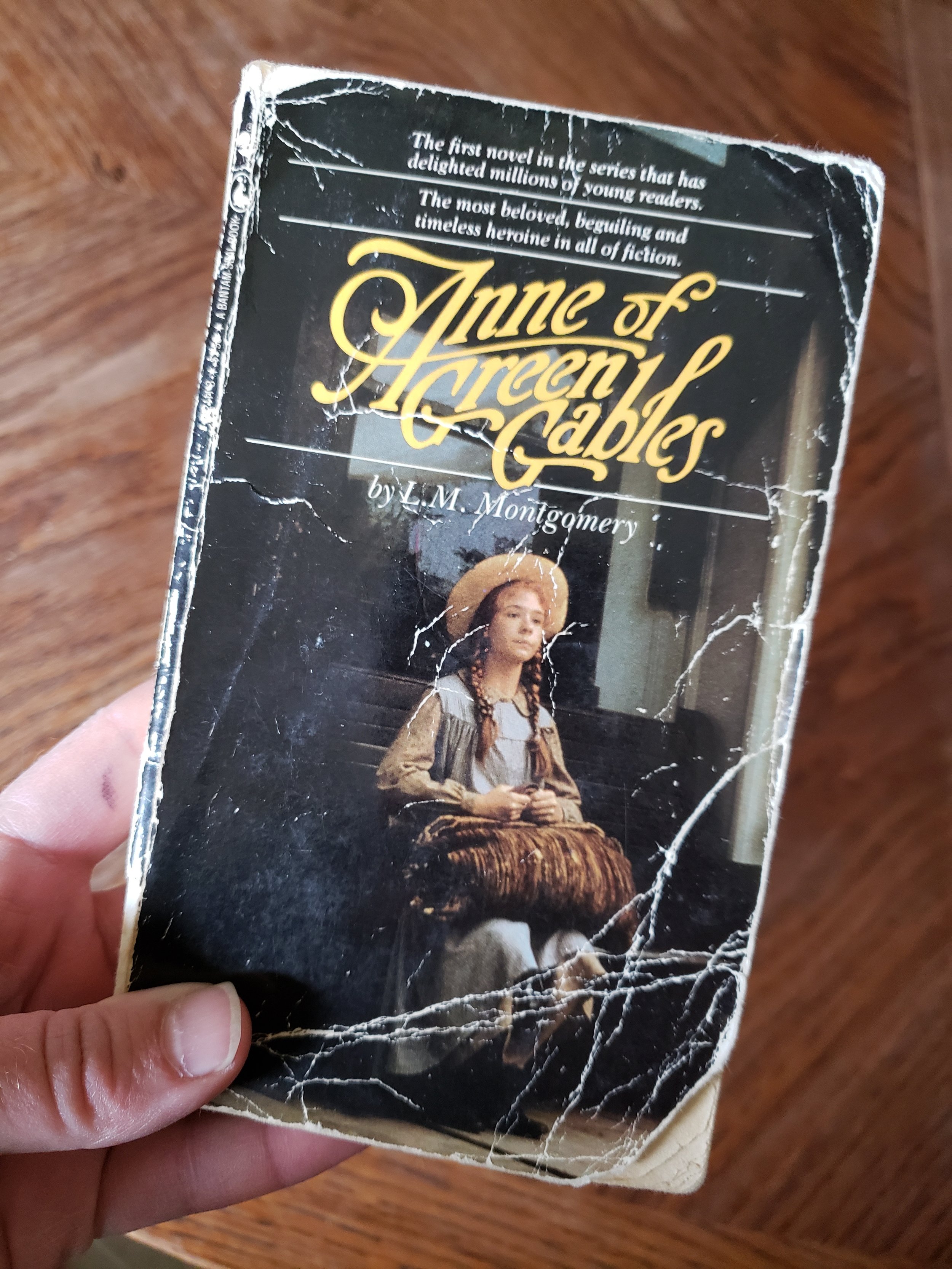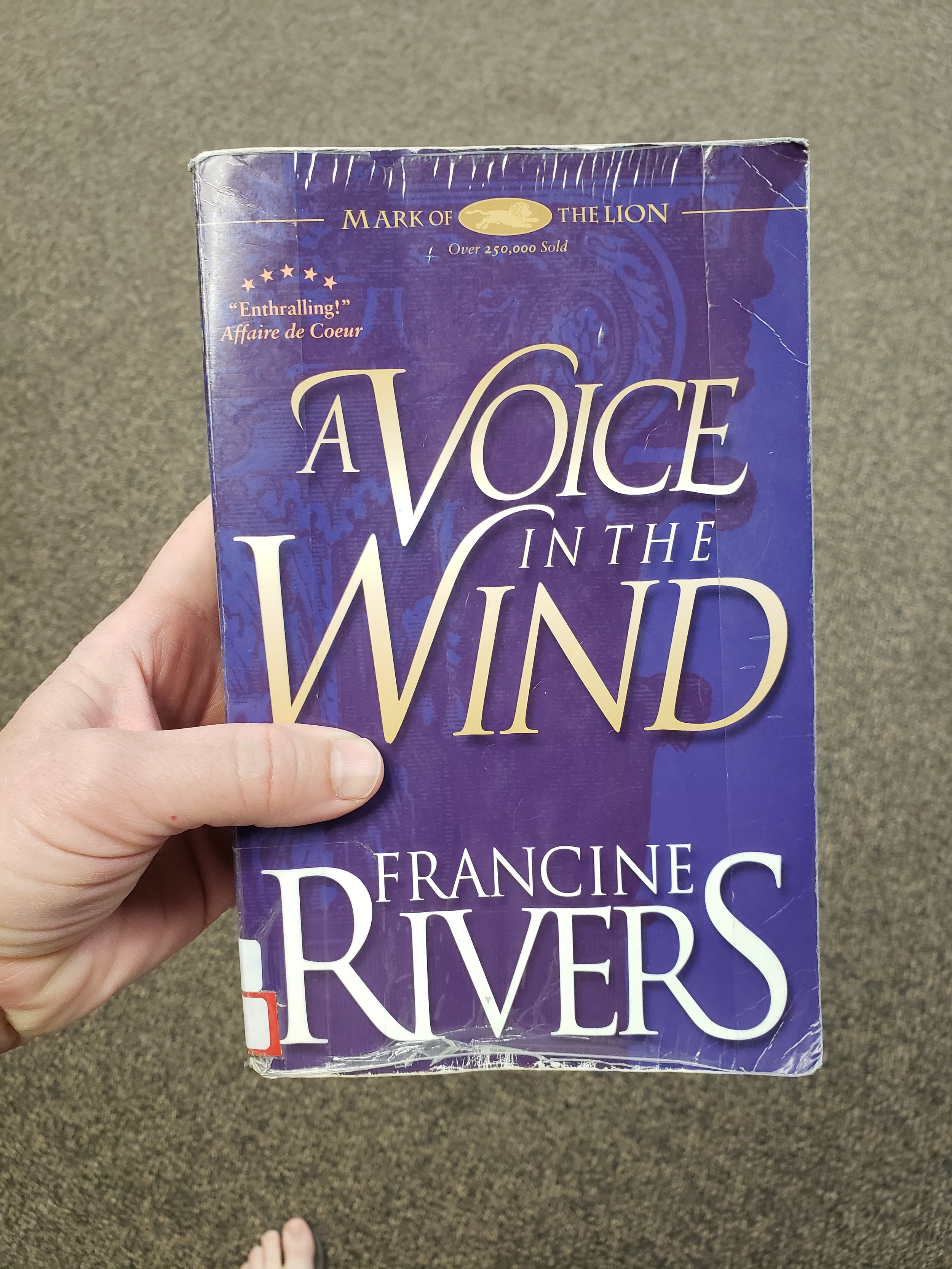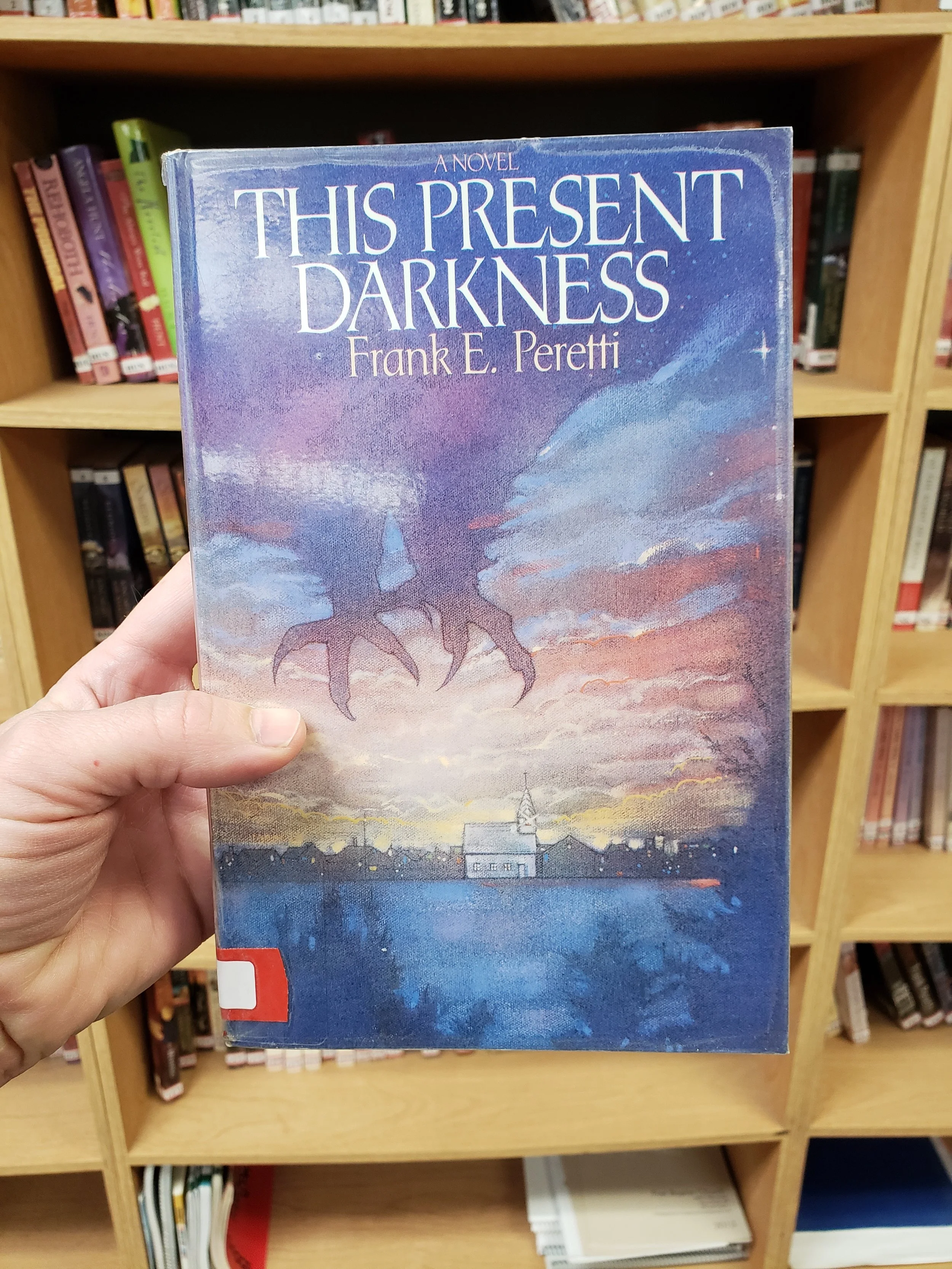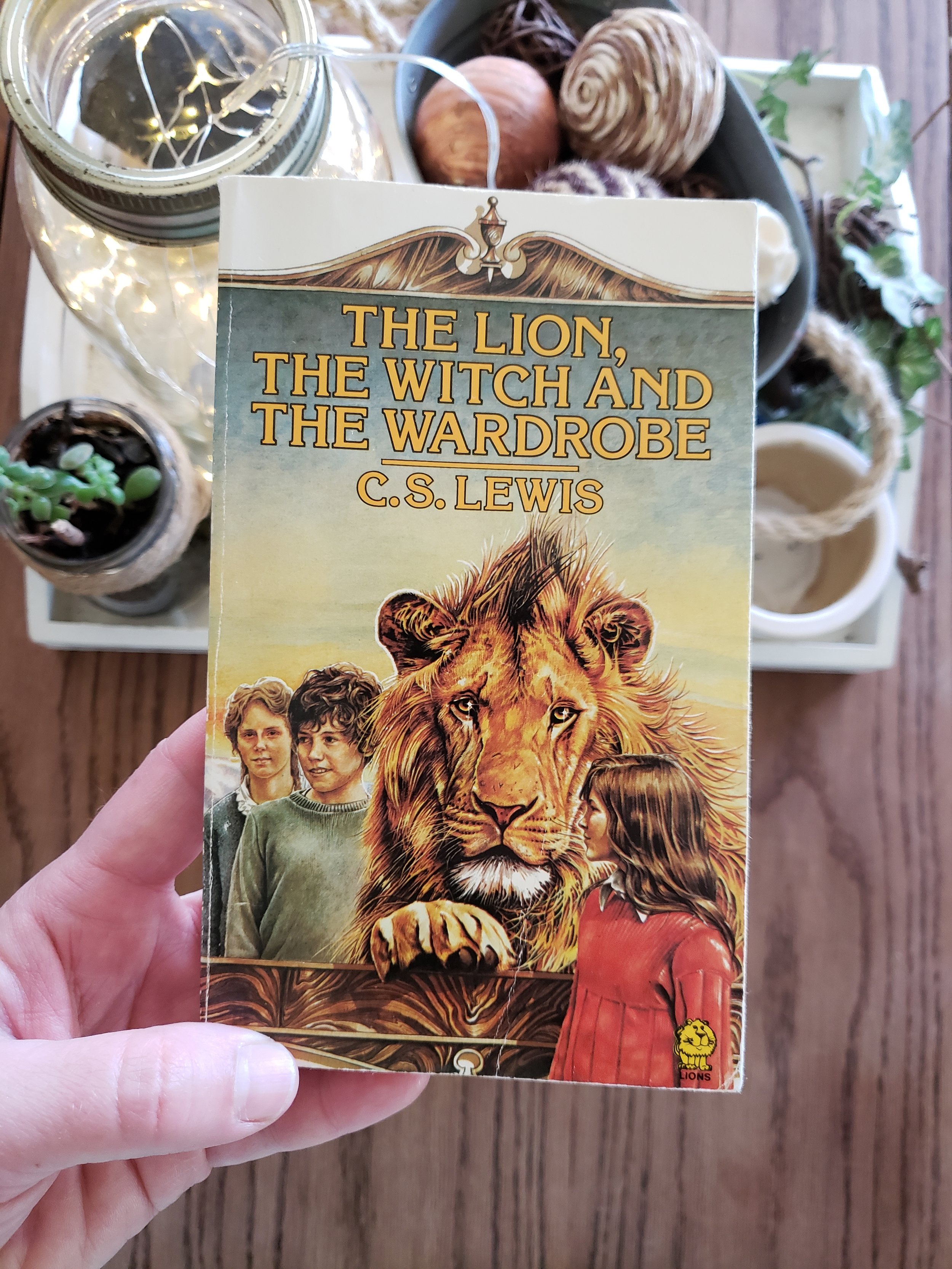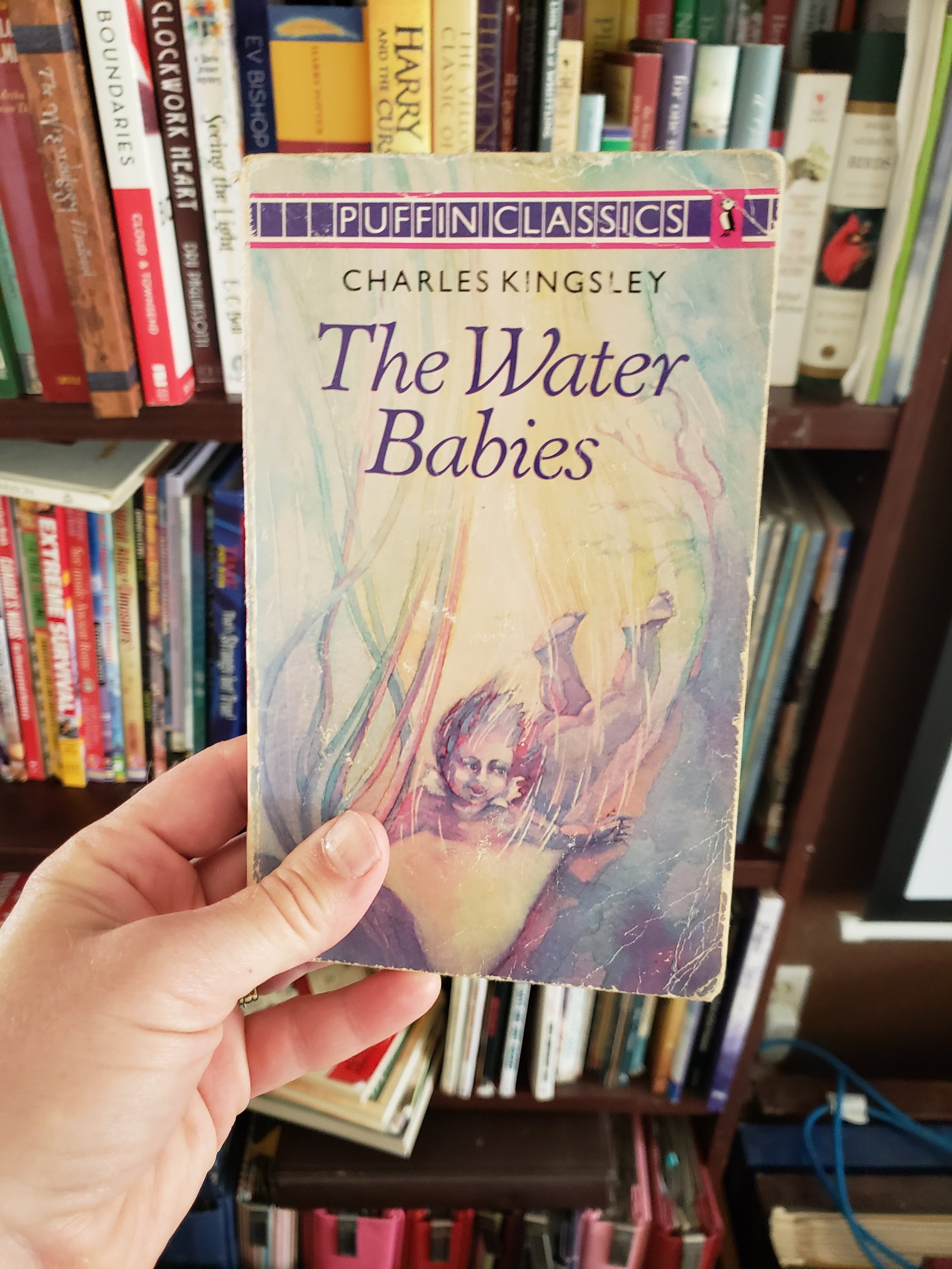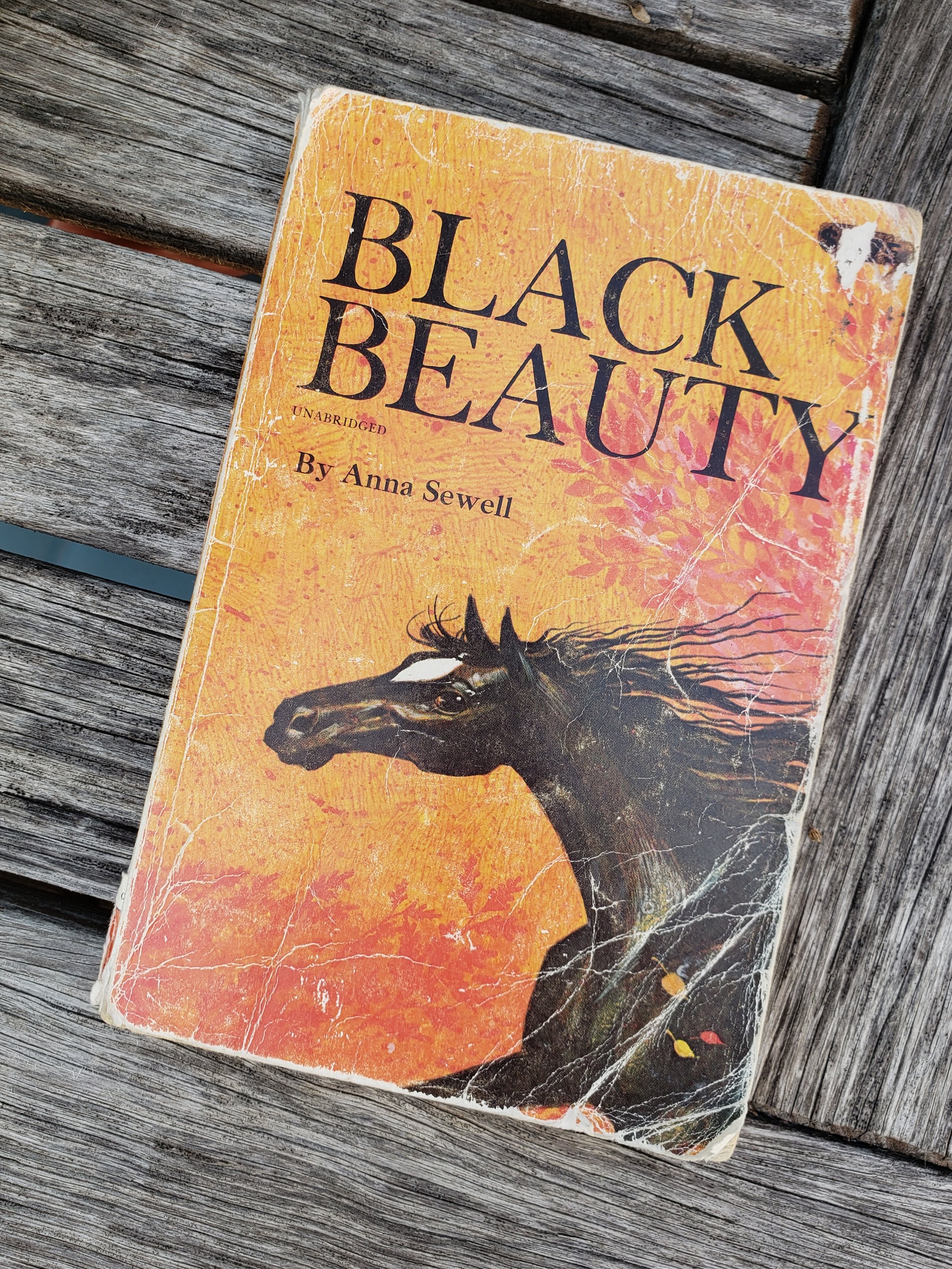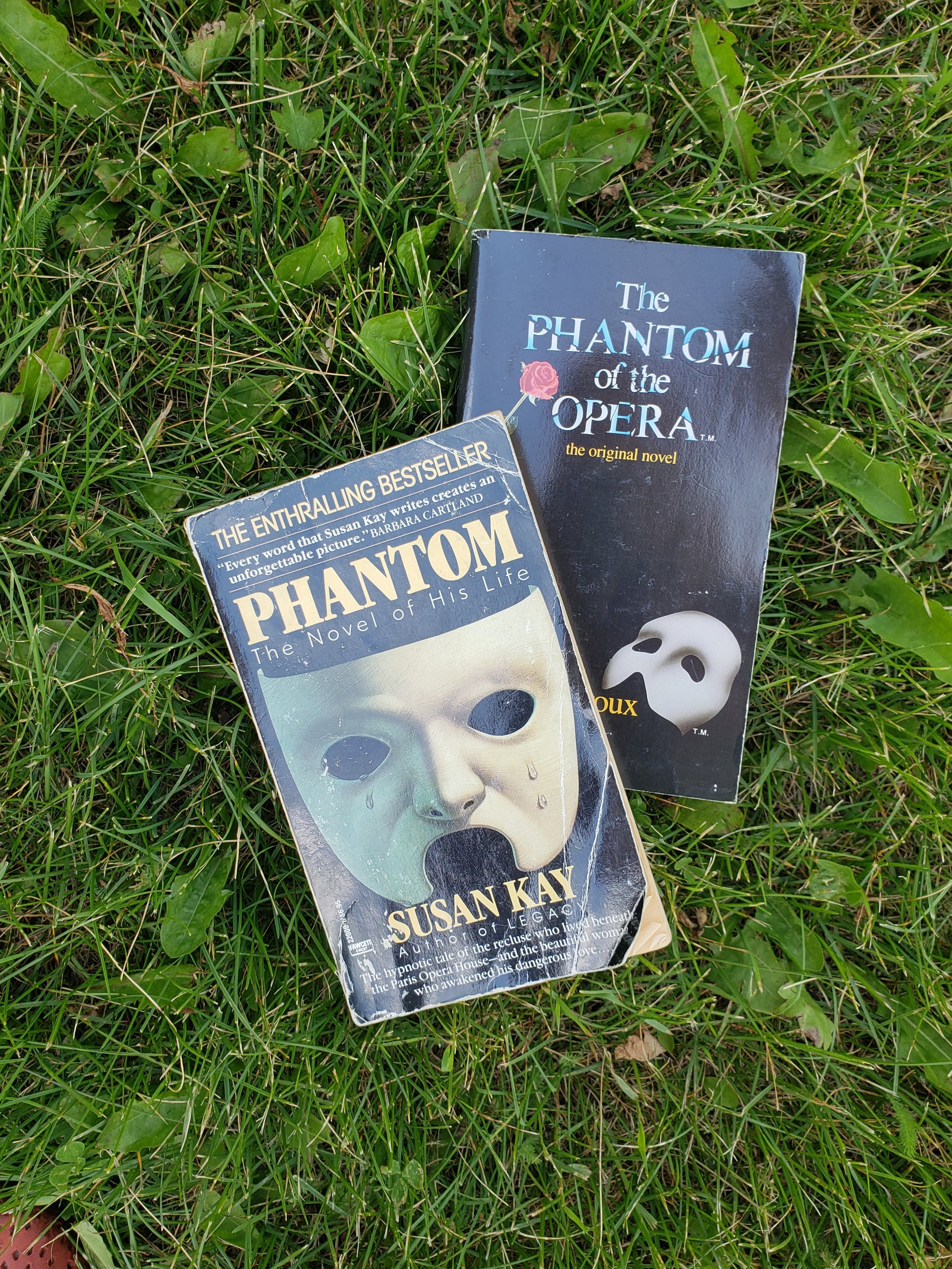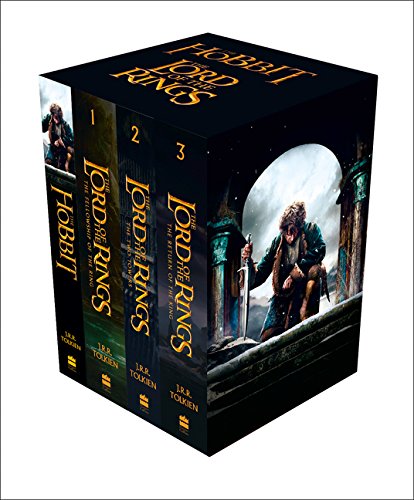The Benefits of “Escapist Fiction”
This past week, I was tagged in a challenge that's been going around on social media to post seven books—one a day for seven days—that have impacted my life.
Needless to say, narrowing down to my top seven choices is impossible. However, I gamely began searching my memory (and my bookshelves) for the stand-out books that affected me in some way during important periods in my life, or perhaps influenced my thinking or fired my imagination. As I did, I decided I needed to narrow the field a little, so I deliberately chose to post only fiction, with a bias toward books in fantasy or speculative genres.
Why, you ask?
Well, about a month ago, someone I love dearly and who I know loves literature told me (the girl who has nearly completed the first draft of the first novel in my first epic fantasy trilogy) that he was leery about writing fantasy, and implied that I was playing with fire. (NOT my husband, let's make that clear. He loves fantasy as much as I do.)
Me:
So, as I entered the challenge, I deliberately chose books of fiction, and especially speculative fiction, that had had an impact on me for whatever reason. I wasn't allowed to explain it for the challenge. But here, I can. However, I think I might save that for a future post. :-)
These were the 7 (+1 bonus that I snuck in) books that made the cut last week. (While searching for these, I found at least a dozen more I could have included.)
These are books that either helped me see the world differently, fired my imagination in a positive way, or helped me through some difficult times. These are the books that I often read and reread, and were the reason I fell in love with reading. But I could have listed many, many more.
Why I Fell In Love With Fiction
As a child, I always had an active imagination. I also grew up in a tumultuous household where verbal and emotional abuse were the norm, and the dynamic was that of control and manipulation, not a healthy give-give relationship like I talked about a few weeks ago.
So reading became many things to me: an escape from the brutal realities of my out-of-control life (I loved the predictable happy endings), a way to process what I was experiencing through the eyes of fictional characters overcoming their own problems, and sometimes, when the books were gifts from someone I loved or read aloud to me by someone, an emotional connection to a person, creating a wonderful memory surrounding the book quite outside the story it contained.
I could even joke that I was fated to love stories—after all, my first name actually came from a sci-fi/fantasy book series my dad loved. (Gor, by John Norman, if you're wondering. I don't recommend it. Nor the movie.)
But really, my own name aside, humans are made of stories. And, regardless of the "world" that a story may be set in, at the heart of every good story are characters who are overcoming difficult situations that must be relatable to the reader in some way, or the story would not resonate with us.
“At the heart of every good story are characters who are overcoming difficult situations that must be relatable to the reader in some way, or the story would not resonate with us.”
Why I Love Fantasy
Fantasy (a.k.a. speculative fiction) is a label given to stories set in a world unlike our own in either small ways or big. In truth, every fictional story is a fantasy to some degree, because the world in that story exists only in the author's and readers' minds.
However, sometimes, the changes are more obvious, like a world where a man invents a working time machine, or where a team of the world's elite superheroes fight aliens over New York City to save the world.
But while the fantastical element of the story may make it unique and interesting, in the end, it's the human element that makes us love it.
The Time Machine (H.G. Wells) would have been pretty bland if the purpose were merely to sate curiosity or provide a thought experiment. Oh, wait. The book kinda was. But the 2002 film starring Guy Pearce, where the inventor is driven to create the time machine in order to change a traumatic event in his past, and learns a lesson about how we must keep moving forward? Much more interesting. I've watched that movie at least half a dozen times.
“While the fantastical element of the story may make it unique and interesting, in the end, it’s the human element that makes us love it.”
Despite the title, The Lord of the Rings was not about an evil spirit trying to control the world by making magical rings that stole the goodness out of all who used them. Who would be able to relate to that?
It was about the most unlikely and weakest person available overcoming natural preferences, limitations, and impossible odds to do the job that no one else could do.
Because Frodo and Sam were brave and true, because they persevered and kept hope, it gives us, as readers, the chance to believe that we could do those things, too—in a real world that is both more and less scary than the fiery heart of Mount Doom and against foes both more and less intimidating than Sauron's unnatural eye.
Actually, my summary concept for The Lord of the Rings is applicable to a lot of fantasy novels. In fantasy, it is usually not the most qualified person who is the hero that goes on the quest. It is the least qualified, and often least willing, but who is most willing to stand up and do the right thing. Other stories like this that come to mind are Willow, The Chronicles of Narnia, and Moana. (Perhaps that is why so many fantasy stories star children or little people—the odds seem to be stacked higher against them than someone with more natural advantages. And whether it's a sports underdog movie or an unlikely hero leading his people to freedom, we love stories about overcoming impossible odds in any genre.)
“Fantasy lets us imagine a better world.”
In other cases, fantasy lets us imagine a better world. One that has found creative solutions to problems we currently face, or dares let us picture what is beyond what we can currently see. Stories like Journey to the Centre of the Earth, 20,000 Leagues Under the Sea, and even Star Trek let us stretch beyond what is known to picture subterranean ecosystems, submarine or post-poverty societies, or devices that make everyday life easier and that might even go on to inspire real inventions.
In fact, if we didn't have educated and imaginative dreamers like Leonardo da Vinci to visualize solutions to problems that most people hadn't even recognized as problems yet, our state of technological advancement would not be nearly what it was today. I might be writing this on a typewriter with the hope of publishing it in a newspaper instead of having the ability to hit "publish" and make it instantaneously available to anyone in the world with Internet access.
In fact, it is this aspect of fantasy that actually lets us have faith in something beyond the material realm. My friend Melissa had an excellent post a while back about our Sanctified Imagination, and how, without imagination, we couldn't even believe in God. Consider that for a while. (And go read the post. It's very thought-provoking.)
“Fantasy provides a buffer from real life.”
But quite beyond the ability of escapist fiction to develop empathy, solve problems within the safety of our comfy chair, or the potential real-world applications of fictional ideas, fantasy and fiction provide a buffer from real life. Thus the "escape" part of escapist.
I could have called this post "The Benefits of Fantasy and Speculative Fiction," and nearly did. But the truth is, fiction of any kind has always been my go-to escape when I needed a chance to stop thinking about my real-world problems for a while.
Image courtesy of melpomen / 123RF Stock Photos.
It started as a child trying to forget the troubling daily existence which I did not have the tools to cope with. After the traumatic loss of my son, resorting to the fictional worlds I created in my head and trying to sort out my character's problems helped me deal with my own trauma, and even helped me work through some of the issues carried over from my childhood. And, at times, they plain old helped my brain turn off when the PTSD threatened to overload me.
The summer we lost Munchkin, I read The Hunger Games for the first time. In fact, partly due to a sudden overabundance of free time and a deep need to turn off my traumatized mind on a regular basis, I probably read more fiction in the year after we lost him than in the twelve years before that, as well as watched a fair amount of escapist fiction on T.V.
Even though plot points like Rue's death, or other similar fictional tragedies poked my raw wounds, the benefits of using that time to buffer were far more beneficial. I had a big wound to heal, and fiction helped me do it, in more ways than one.
Fantasy as a Tool For Dealing With Reality
As a final plug for the potential benefits of fantasy fiction, I am going to mention a movie that actually hits on all three points I made above: the 2015 Disney film Inside Out.
God bless the makers of that film. We watched it exactly three weeks after Munchkin’s death, and even though I literally cried for hours after watching it, that film alone gave us a very effective tool to talk about the process of grieving with our kids, who didn't really understand the emotions they were suddenly having to cope with.
It's a story that personifies the emotions inside the head of a young girl who moves from her childhood home—full of fond memories and friends she loves—to San Francisco, a much different environment, with none of her stuff (since the moving truck is late), and with seemingly no redeeming qualities to her pre-teen way of thinking. The storytellers did an amazing job of telling a story that both grabbed at your heartstrings (boy, does it ever), and also shows almost the exact process that happens as we let go of something (or someone) that we love.
Could we have read our kids a book about grieving and dealt with some of the same issues? Yeah, maybe. But which is more effective when your child is trying to understand why life suddenly hurts all the time—referencing a dry textbook-style "lesson" about how grief changes the relationship we have with the person we lost? Or talking about how Sadness actually made Riley feel better by mixing with Joy in memories that once held only joyful emotions—that the sadness honours the change that has happened, but doesn't make the memory worse, just different?
I don't know about you, but I know which one would help me more. And I'm an adult.
Going back to the beginning of this post, the conversation with my loved one came up in the context of me asking for feedback on the way I had made the "rules" for my fantasy world of The Undine’s Tear work within the context of real-world faiths and mythologies, specifically Christianity. Perhaps he is concerned that an unorthodox way of looking at the metaphysical world might cause people to question what they've been taught to believe.
Maybe that wasn't his concern, but if it is, my answer is this: I hope it does.
I hope that we all, every moment of every day, question what we've been taught to believe and continually seeking out the truth so we know what we believe and why. This universe is built on universal principles, and that includes the spiritual ones. I don't think any one person knows everything, especially not me. But if a religion's central tenets cannot withstand the perspective of one person's imagination as depicted in a work of fantasy, perhaps those particular straw-man doctrines deserve to fall.
On the other hand, sometimes it is the unorthodox views, the outside-the-box radical thinkers, the Jesus of Nazareths and the Leonardo da Vincis and the Galileos, that lead us to truths that were there before us all the time, just waiting to be discovered.
Happy Monday, friend. Read with joy.
Do you agree that fiction serves a beautiful purpose? Do you love books that help you help you escape, feel, and cope with life? Please check out my books.
And let me know in the comments some fiction books that changed you.

